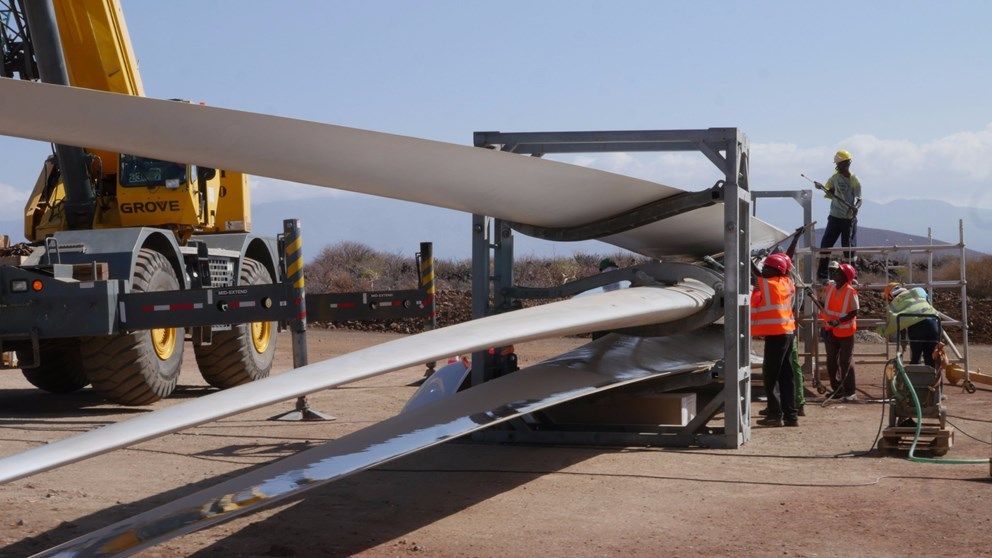A new report carried out by the Statsrevisorerne state auditors reveals that Danish energy companies overcharged consumers 61.8 million kroner between 2018 and 2021 – and that this might be the tip of the iceberg.
Commissioned by the Rigsrevisionen national audit office, the Statsrevisorerne report only assessed the activities of 76 of the country’s 600 energy companies, discovering discrepancies with 34 of them.
Some 22 of these have already been ordered to pay money back to consumers.
The findings come at a time when energy companies are charging record-high prices for energy in light of the rising costs caused by the War in Ukraine and inflation.
Energy supply authority blamed
Rigsrevisionen chiefly blames the failure of the Forsyningstilsynet energy supply authority, which was set up in 2018 to monitor the companies’ activities.
According to DR, Forsyningstilsynet carried out just one inspection between 2018 and 2021.
“Statsrevisorerne finds it very unsatisfactory that a number of consumers have paid an overcharge for the transport of supplies,” concluded the report.
“There is a risk that this applies to more consumers for both electricity, gas and heat.”















